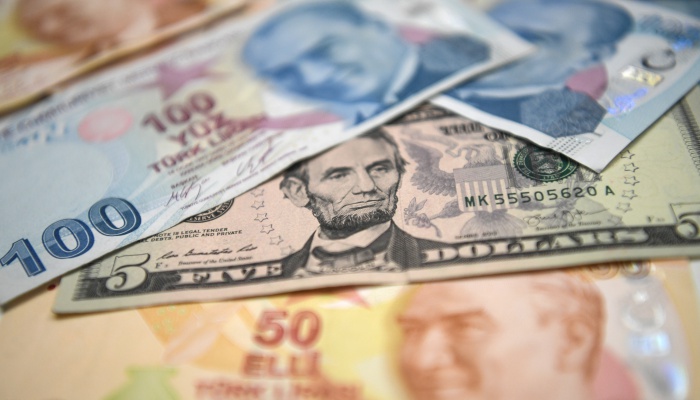Turkish central bank head Murat Uysal has stuck to the rate-cutting script since President Recep Tayyip Erdoğan hired him to lift Turkey out of a recession and currency crisis, Reuters reported.
A year later with the COVID-19 pandemic now crushing the lira, some traders and analysts say they think Uysal will instead hike rates to head off a deeper crisis.
Erdoğan, whose 17 years in power have been marked by cheap credit and booming growth, has repeated the unorthodox view that high rates cause inflation and sacked Uysal’s predecessor for not following his instructions.
Investors, analysts and sources close to Turkey’s central bank say the most direct solution to the lira’s costly slide, in the form of a rate hike, would only happen as a last resort.
After the central bank slashed rates to 8.25 percent from 24 percent in less than a year, such a quick policy turn-around would likely need the government’s tacit approval, analysts say.
Nevertheless, money market traders have been adding to bets in recent days that Uysal, who halted an aggressive year-long easing cycle in June, has little choice but to tighten policy soon to avoid a second currency crisis in as many years.
The lira hit a historic low on Thursday and is down nearly 20 percent versus the dollar so far this year, despite the greenback’s own weak performance.
While the central bank’s policy rate is 8.25 percent, the November money market pricing for three-month lending is at 10.75 percent, implying 250 basis points of tightening by year-end.
Some fear that in a worst-case scenario, interventions to stabilize the lira will lose steam as the central bank’s reserves run thin, prompting further depreciation, inflation and a ballooning current account deficit.
Turkish annual inflation is high at near 12 percent, leaving real rates deeply negative for depositors in lira, a factor which has hastened the currency’s slide.
But after two weeks of volatility, Goldman Sachs now expects 175 points of hikes by year end. Pictet’s Markov said Turkey boasts the biggest gap among major emerging markets between the current policy rate and where it should be based on inflation and other factors.
The central bank’s gross FX reserves have dwindled to $51 billion from $81 billion this year, official figures show.
Data and the calculations of traders show the drop is in part due to the central bank and state banks selling some $110 billion in dollars since last year, including an acceleration in recent weeks, to stabilize the lira.
Ankara’s appeals for funding from the US Federal Reserve and other central banks have only yielded a deal with Qatar.


